The recent popularity of AI-powered chatbot, ChatGPT, has led to discussions about the impact of artificial intelligence on people’s careers. While some jobs are vulnerable to being replaced by AI, especially those that are repetitive and based on specific instructions or rules, jobs with a strong human element, such as those requiring interpersonal skills, are unlikely to be taken over. History shows that as technology advances and jobs are lost, new ones are created.

AI is still limited in certain ways and is more likely to work alongside humans rather than replace them. Many businesses are using AI to enhance efficiency and support employees, and successful adoption of AI requires companies to adapt by educating employees, upskilling and reskilling them, and using AI responsibly. While AI will become a bigger part of everyday working life, it will not necessarily replace people’s jobs.
In addition to the potential impact on existing jobs, the development of AI may also lead to the creation of new types of jobs. For example, the field of AI research and development is growing rapidly, and there is a need for skilled workers in this area. Similarly, as AI becomes more prevalent in various industries, there may be a need for workers who are able to manage and maintain these systems.
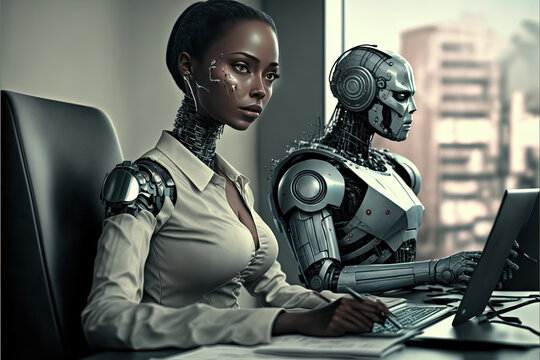
However, the transition to a more AI-driven workplace will require significant changes in the way we think about work and education. For example, workers may need to become more flexible and adaptable in order to keep up with the rapid pace of technological change. They may also need to develop new skills and knowledge in order to work effectively alongside AI systems.
From an educational standpoint, there is a need to develop new programs and training initiatives that can help workers acquire the skills they need to work effectively in an AI-driven workplace. This may include training in areas such as data analysis, machine learning, and programming, as well as more general skills such as problem-solving, critical thinking, and communication.
Ultimately, the impact of AI on jobs and careers is likely to be complex and multifaceted. While it may lead to the displacement of some workers, it may also create new opportunities for those who are able to adapt to the changing landscape. As with any major technological shift, the key will be to approach the development and deployment of AI in a thoughtful and responsible way, with a focus on creating a more equitable and sustainable future for workers and society as a whole.
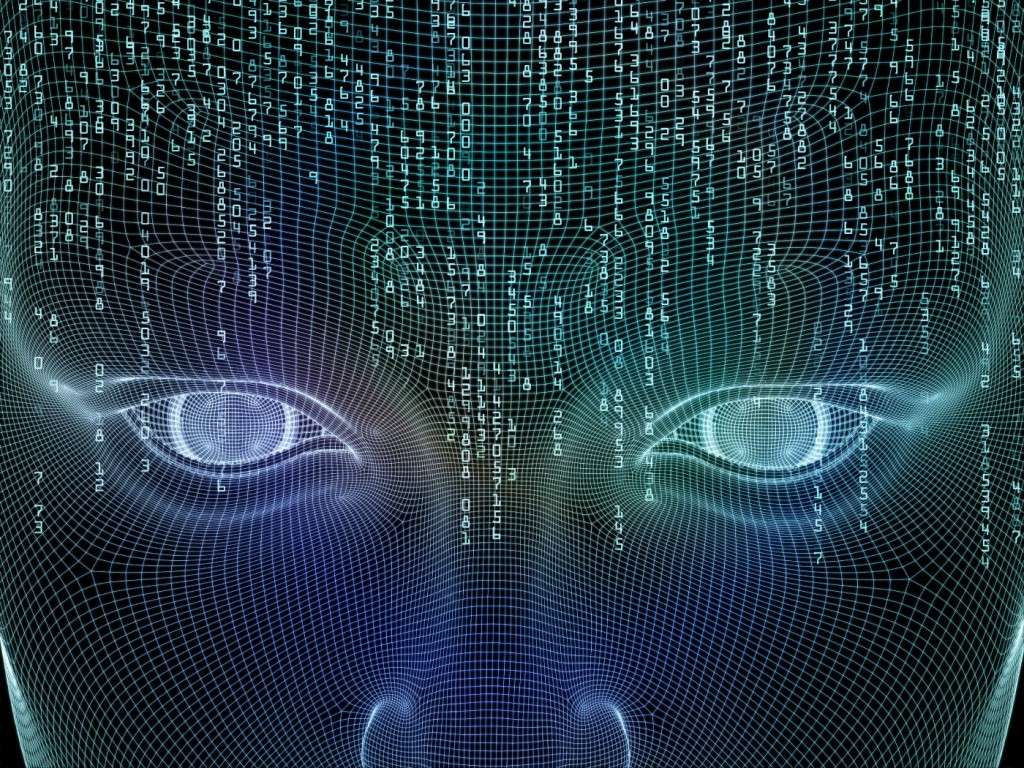
Another important consideration is the potential impact of AI on the economy as a whole. While AI may lead to increased productivity and efficiency in some industries, it may also lead to significant job losses in others. This could have ripple effects throughout the economy, leading to greater income inequality, reduced consumer spending, and other negative outcomes.
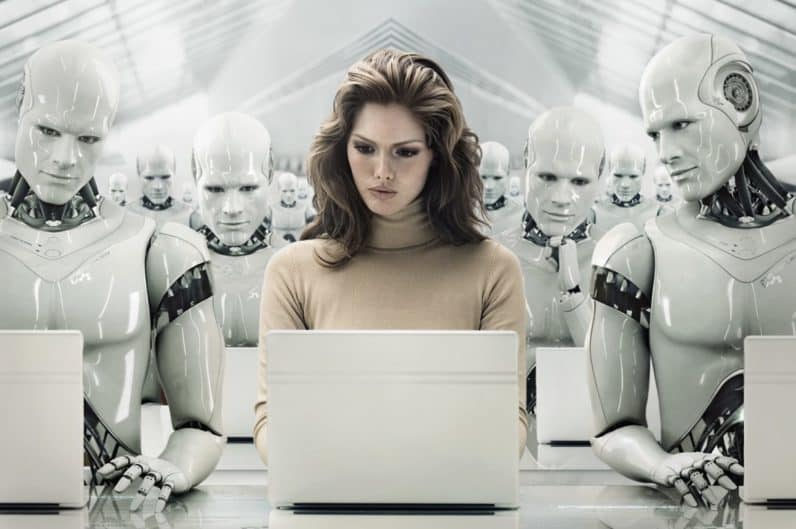
To mitigate these risks, policymakers and business leaders will need to work together to ensure that the benefits of AI are shared more broadly across society. This may involve measures such as investing in education and training programs, providing support for displaced workers, and implementing policies that promote the responsible use of AI and other emerging technologies.
Ultimately, the impact of AI on jobs and careers will depend on a wide range of factors, including the pace of technological change, the specific industries and occupations affected, and the broader economic and social context. While there is no doubt that AI will have a significant impact on the world of work in the years and decades to come, it is up to all of us to shape this impact in a way that promotes human well-being, economic growth, and social progress.
Pros:
Increased efficiency and productivity: AI can automate repetitive and mundane tasks, allowing humans to focus on more creative and strategic work. This can lead to increased productivity and efficiency in industries such as manufacturing, healthcare, and finance.
Improved accuracy and precision: AI can process vast amounts of data and perform complex calculations with a high degree of accuracy and precision. This can lead to improved decision-making in areas such as finance, marketing, and logistics.
Enhanced customer experiences: AI can be used to personalize customer experiences and provide real-time support, leading to greater customer satisfaction and loyalty.
New opportunities for innovation: AI can be used to develop new products and services that were previously not possible, leading to new opportunities for innovation and growth.
Improved safety and security: AI can be used to monitor and detect potential security threats, such as cyber-attacks or physical breaches, leading to improved safety and security in a wide range of industries.
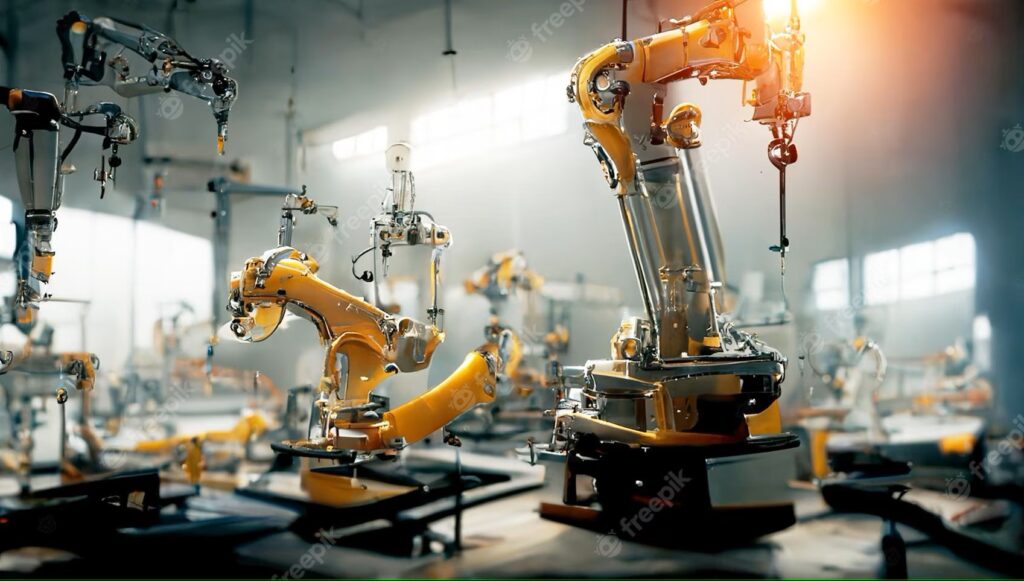
Cons:
Job displacement: As AI automates more tasks, it may lead to significant job displacement in certain industries, particularly those that involve repetitive and routine work.
Bias and discrimination: AI algorithms may contain biases that reflect the biases of their creators or the data on which they are trained, leading to unfair or discriminatory outcomes.
Lack of transparency: AI algorithms can be complex and opaque, making it difficult for users to understand how they work and why they produce certain outcomes.
Security risks: As AI systems become more complex and interconnected, they may become more vulnerable to security breaches and cyber-attacks.
Ethical concerns: AI raises a range of ethical concerns, such as the potential for AI to be used for malicious purposes, the impact of AI on privacy and civil liberties, and the potential for AI to exacerbate existing social and economic inequalities.
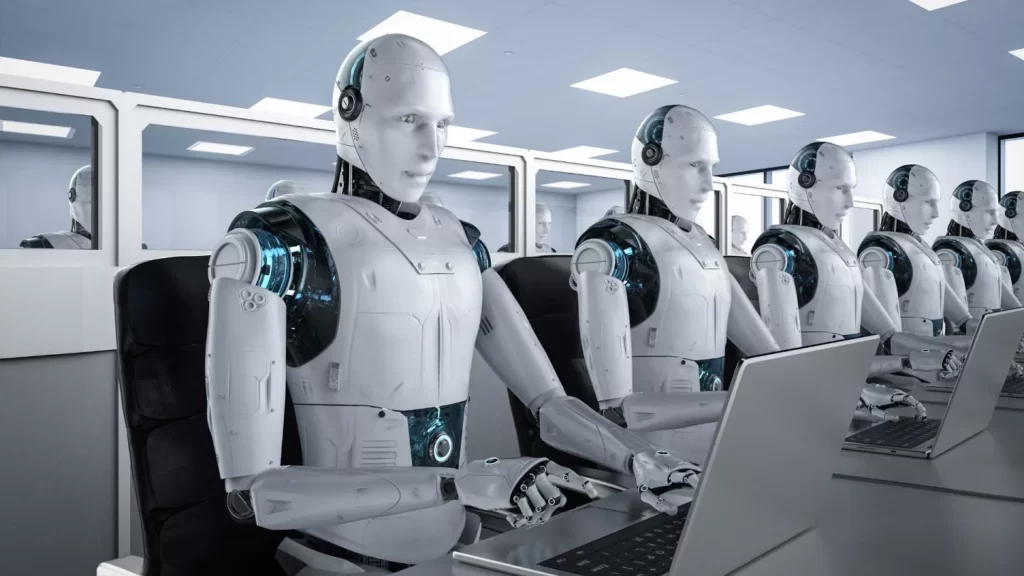
Conclusion:
Artificial intelligence is a rapidly advancing technology with both advantages and disadvantages. It has the potential to revolutionize industries, increase efficiency, and improve the quality of life for individuals. However, it also presents ethical, social, and economic challenges that must be addressed.
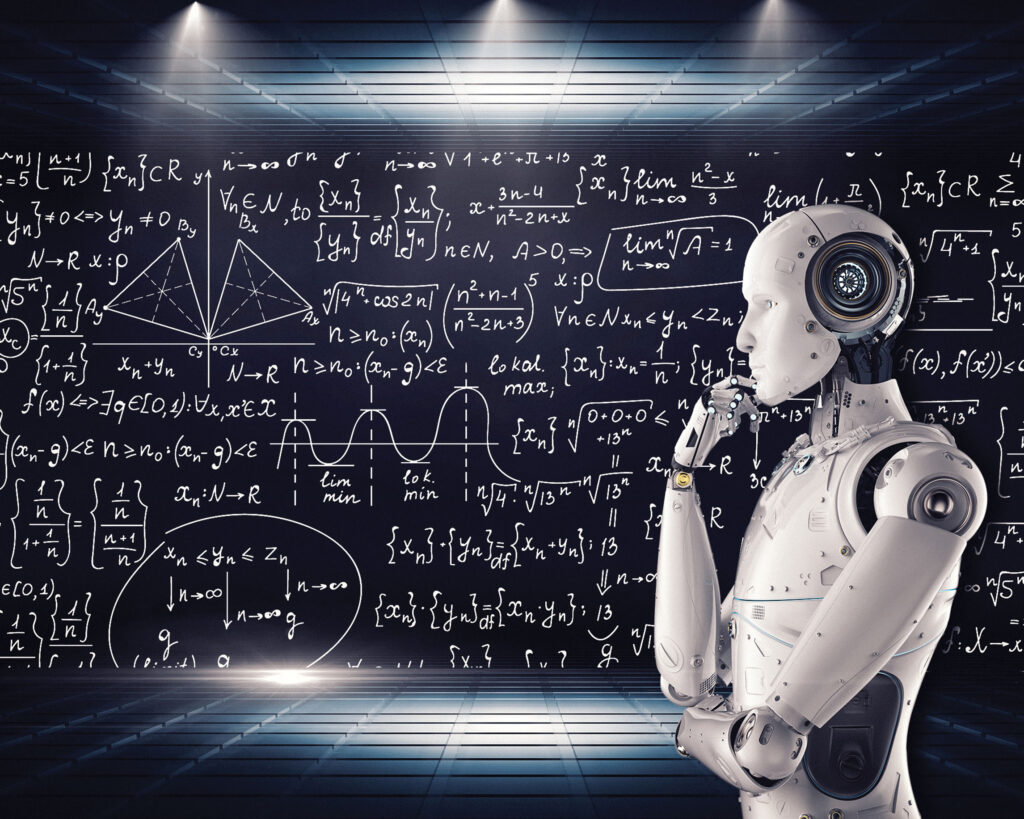
On the positive side, AI has already shown great promise in the fields of healthcare, transportation, and finance. It has the potential to automate tedious tasks, reduce human error, and make our lives easier. AI-powered technologies like ChatGPT have demonstrated impressive abilities in answering questions, writing essays, and even arguing legal cases. Furthermore, AI has the potential to create new jobs and industries and generate economic growth.
On the negative side, there are concerns about the impact of AI on jobs, privacy, and security. The use of AI for surveillance and monitoring raises questions about civil liberties and privacy, while the possibility of malicious actors exploiting AI for nefarious purposes poses a security threat. In addition, the displacement of jobs by AI could lead to economic and social inequality and could exacerbate existing inequalities.
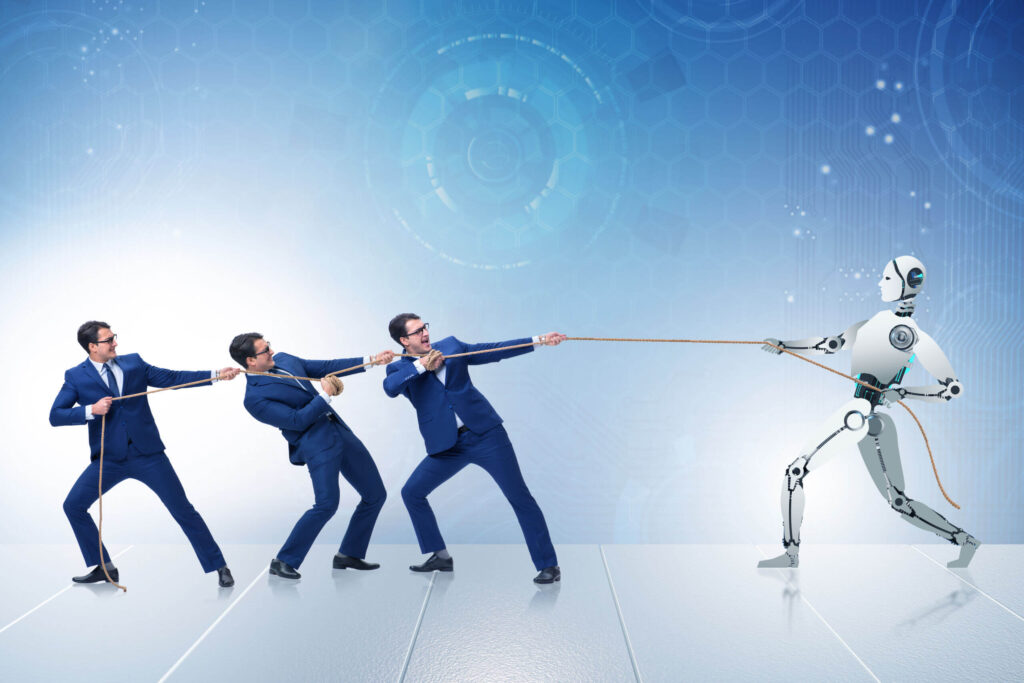
Overall, it is clear that AI is a powerful technology with significant potential benefits and drawbacks. It is important for governments, businesses, and individuals to consider the implications of AI and work together to ensure that it is developed and used in a responsible and ethical manner.
How AI is Changing the Job Market: Opportunities and Threats



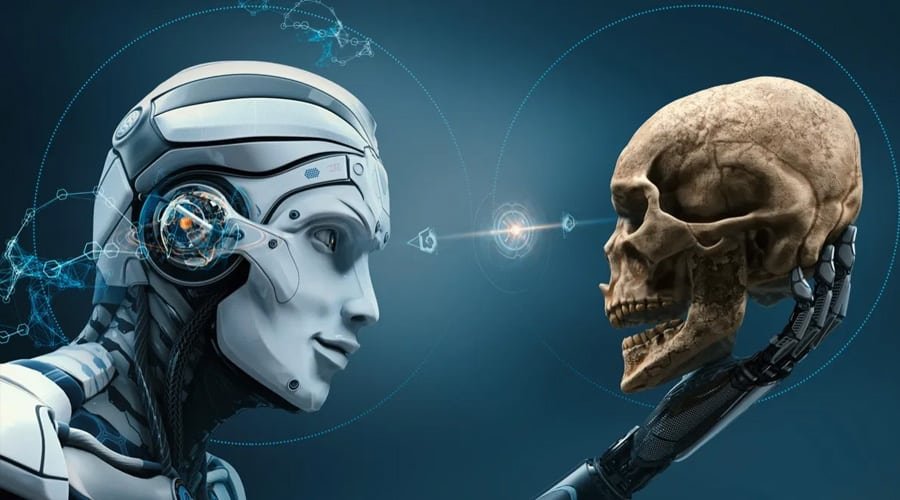
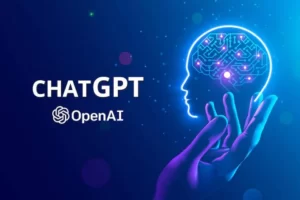



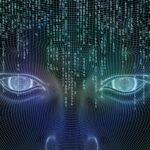

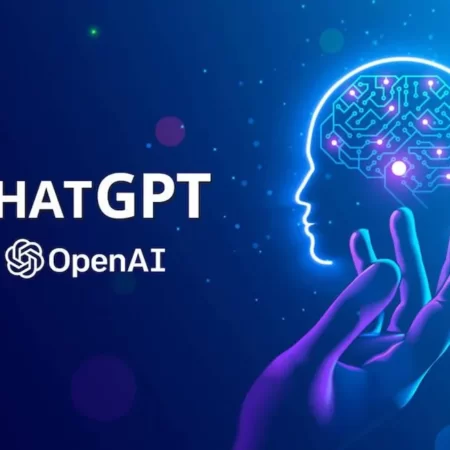

No Comment! Be the first one.